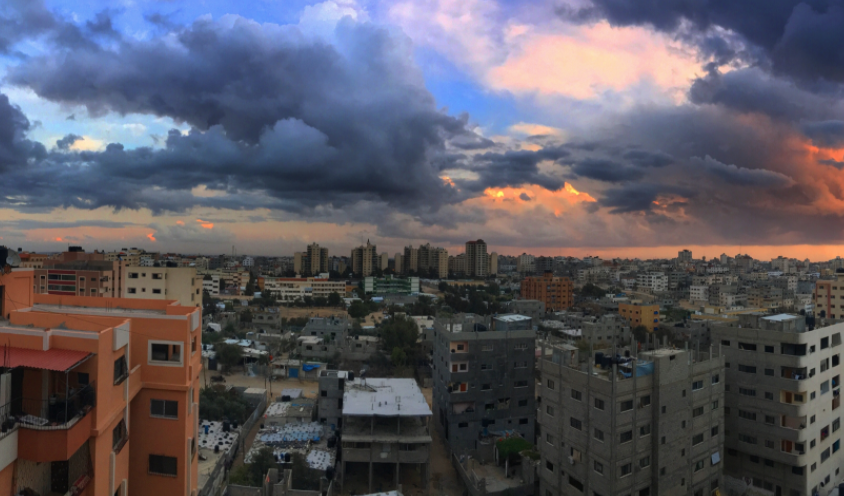The conflict has a differentiated impact on the different economies of the Middle East. Israel and the Palestinian Territories are directly and significantly affected. In particular, capital destruction in the Gaza Strip will exceed USD 2.5 billion and financing needs could reach USD 10-20 billion over the next five years. The conflict has a more latent impact on already weakened neighboring economies (Egypt, Jordan, Lebanon), particularly through the contraction of tourism and disruptions in logistics chains.
Regional cooperation and rapprochement initiatives between Israel and the Gulf countries are slowing down.
Events have been postponed, such as the ministerial meeting of the Eastern Mediterranean Gas Forum (EMGF), initially scheduled for mid-November. The conflict also led to the suspension of the signing of the second MoU on the “water for electricity” project between Jordan, Israel and the United Arab Emirates, which was to take place during COP28.
At this stage, the Abraham Accords are not called into question (Bahrain being the only one to have suspended its relations with Israel), but do not observe any development.
The economic fragmentation of the area is expected to increase in the short and medium term, particularly with regard to logistics flows.
The tightening of insurance provisions coupled with the increase in risk premiums leads to higher transport costs and therefore inflationary pressures. Houthi rebel attacks on Western ships sailing up the Red Sea are driving up the costs of shipping between Asia and the Mediterranean, especially to and from Israeli ports.
Concerns are particularly acute in Jordan – which imports 95% of its basic products – due to security incidents in the Gulf of Aqaba, while Jordan has just stopped using the port of Haifa for its exports to Europe and the United States. As for energy flows, they were disrupted for 50 days in Egypt following the halving of Israeli gas imports.
Despite the boycott campaigns, the impact is not at this stage substantial on trade between France and the Middle East.
Some prospecting has slowed down but the activities of the vast majority of subsidiaries continue. France has reaffirmed alongside several donors its support for the recovery and economic stabilization of countries in the region.
Source: French Embassy in Lebanon, economic department








Réagissez à cet article